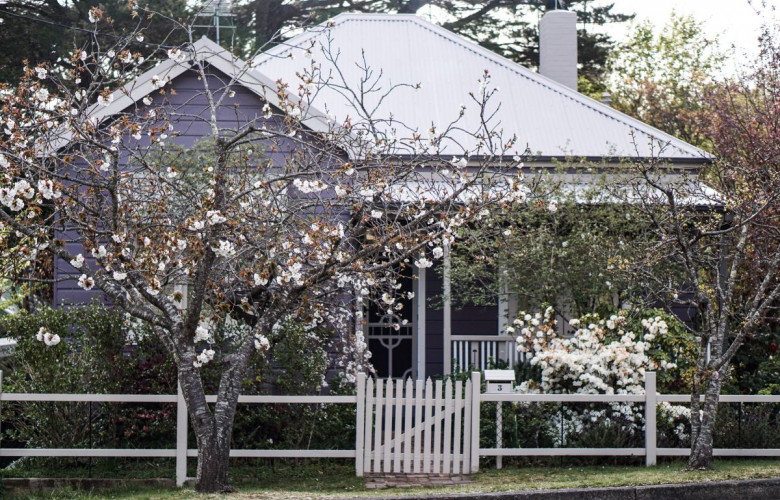John McGrath – Stamp duty impacts our ability to move house
Contact
John McGrath – Stamp duty impacts our ability to move house
John McGrath, founder of McGrath Estate Agents said stamp duty can limit people's choices when life circumstances change.
The Reserve Bank Governor’s recent suggestion that we reform land and property taxes as part of a broader Covid-19 recovery plan has once again highlighted the negative effect that stamp duty has on our ability to move house when our life circumstances change.
Governor Philip Lowe said: “As we look forward to the recovery, there is an opportunity to build on the cooperative spirit that is now serving us so well to push forward with reforms that would move us out of the shadows cast by the crisis.”
The first of these economic reforms should be “the way we tax income generation, consumption and land,” he said.
Over the weekend, NSW Treasurer, Dominic Perrottet said abolishing stamp duty would form part of his proposed plan for the state’s economic recovery from Coronavirus.
Mr Perrottet was quoted in Saturday’s Sydney Morning Herald saying: “There is no better time to rid the states of inefficient taxes that hold back economic growth and I am talking stamp duty and payroll taxes.”
Stamp duty is easily the worst of the taxes that residential owners have to pay every time they buy a new house. It’s calculated based on the purchase price and there’s been little change to it despite prices rising significantly over the past three decades.
The median house price in Sydney in 1990 was less than $200,000, on which you’d pay about $5,500 in stamp duty. Today, it’s above $1 million and the duty is more than $40,000.
As a result, many families are living in cramped environments or far away from their work or their kids’ schools because moving is simply too expensive.
Data shows that people are staying put longer in their current homes and this has implications for society.
It means family homes are not being released to the market by single or couple empty-nesters who would like to downsize but don’t want to pay this prohibitive expense that punches a huge hole in their retirement savings for absolutely no reason.
Younger buyers typically have to borrow the funds to pay the stamp duty, which adds tens of thousands to their loans, which they then pay interest on for many years.
Nobody in government, on either side, wants to talk about this because they are completely addicted to the billions of dollars in revenue that stamp duty brings in every year.
Dr Lowe’s comments resulted in a chorus of criticism on stamp duty in the media. In a story published on domain.com.au, AMP Capital Chief Economist, Dr Shane Oliver described stamp duty as “a terrible tax”.
“It’s a massive impost on a single transaction which inhibits economic decision-making. It should be repealed and this is the perfect time to do it,” he said.
In 2018, a Grattan Institute report on housing affordability recommended replacing stamp with a broad-based, flat-rate land tax.
“Long term, reform will create benefits for the economy and boost the Gross Domestic Product significantly,” said economist and report co-author, Trent Wiltshire.
The ACT Government is leading the country on stamp duty reform. They began phasing it out in 2012 under a 20-year plan and raised rates for all property owners instead.
Currently, a median priced home in Canberra will cost you $700,000 with stamp duty of $20,000 (still high but better than the $32,000 you would have paid before reform in 2012).
By comparison, stamp duty on the same property in Sydney today would be $27,000, or $37,000 in Melbourne or $17,350 in Brisbane.
It’s high time that other state and territory governments start embracing ideas for reform on this tax. Not just because it’s the right thing to do, but also because an ongoing reduction in housing turnover means fewer sales per year and ultimately fewer stamp duty payments.
Over time, if the revenue from stamp duty drops, they might finally be motivated to reduce or abolish stamp duty to enable and incentivise people to move house as often as they need.
For more information including articles, checklists, guides and more visit McGrath’s Insights Centre
Similar to this:
John McGrath – Reassessing lifestyle & investments choices during Covid-19





